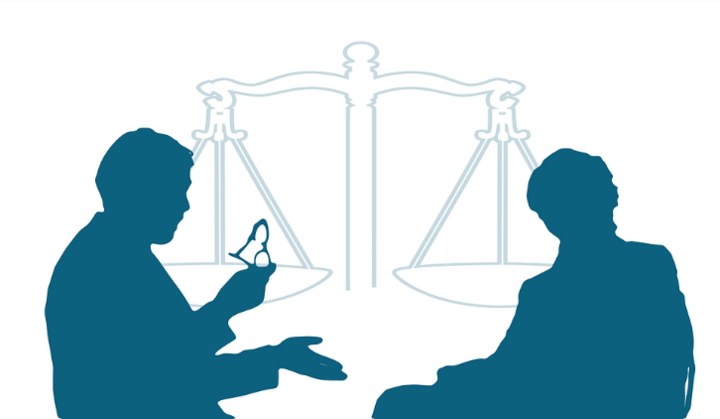From buying new equipment to countering your child’s request to stay up another 20 minutes, everyone negotiates at some point. This is the second in a series of stories designed to provide helpful tips and tricks to use and watch out for when negotiating. See more articles in this series.
Background

You have been negotiating over a tractor purchase for an hour. It is down to the final showdown. You are at your max of $22,000. The seller will not take less than $23,000. You’re facing only a $1,000 difference for a tractor you have wanted for a while now. How can you close the gap? It might not even be possible. There is still a way to have a chance at buying the tractor at $22,000. You could suggest flipping a coin: heads, the final price is $22,000; tails, it is 23,000. The seller accepts. Where have you seen this before? Have you ever watched American Pickers on the History Channel? Each party has a fair chance at reaching their desired price and accepts it might not go their way. By implementing a process that is fair, you may be able to close a negotiation gap that might otherwise not have been possible.
Understanding Fairness as a Persuasion Tool
There are numerous methods in which one can go about this. You could flip a coin like in the above example, or cut cards for a high draw. There are also some more “information driven” methods. In Pawn Stars from the History Channel, you often see them request an expert opinion. This outside source brings information that is deemed credible by both parties to help lead the negotiation to a close. Another path that you sometimes see in Nebraska Fence Law is an arbitrator, an outside third party to review the facts and make a decision that both sides are held to. In any of these cases, the power to persuade the continuation or closing of a negotiation comes from the fairness of the process.
Fairness is a complicated subject. Self-interest, relationships, situational needs, and cultural norms are just a few of the factors that drive fairness. The power of using a process that is deemed to be procedurally fair has resounding effects on the end negotiated result. Research, such as discussed in The Social Psychology of Procedural Justice by E. Allan Lind and Tom R. Tyler, demonstrates that when a process has been deemed fair, it produces a higher perception that the result was fair, regardless of whether the outcome was positive or negative.
Summary
Don’t give up negotiating until you have explored all possible avenues. Using a fair process that is agreed on can help close negotiation deals that may have looked impossible. Just remember that fairness is in the eye of the beholder, and what was fair for one negotiation may not be for the next.
